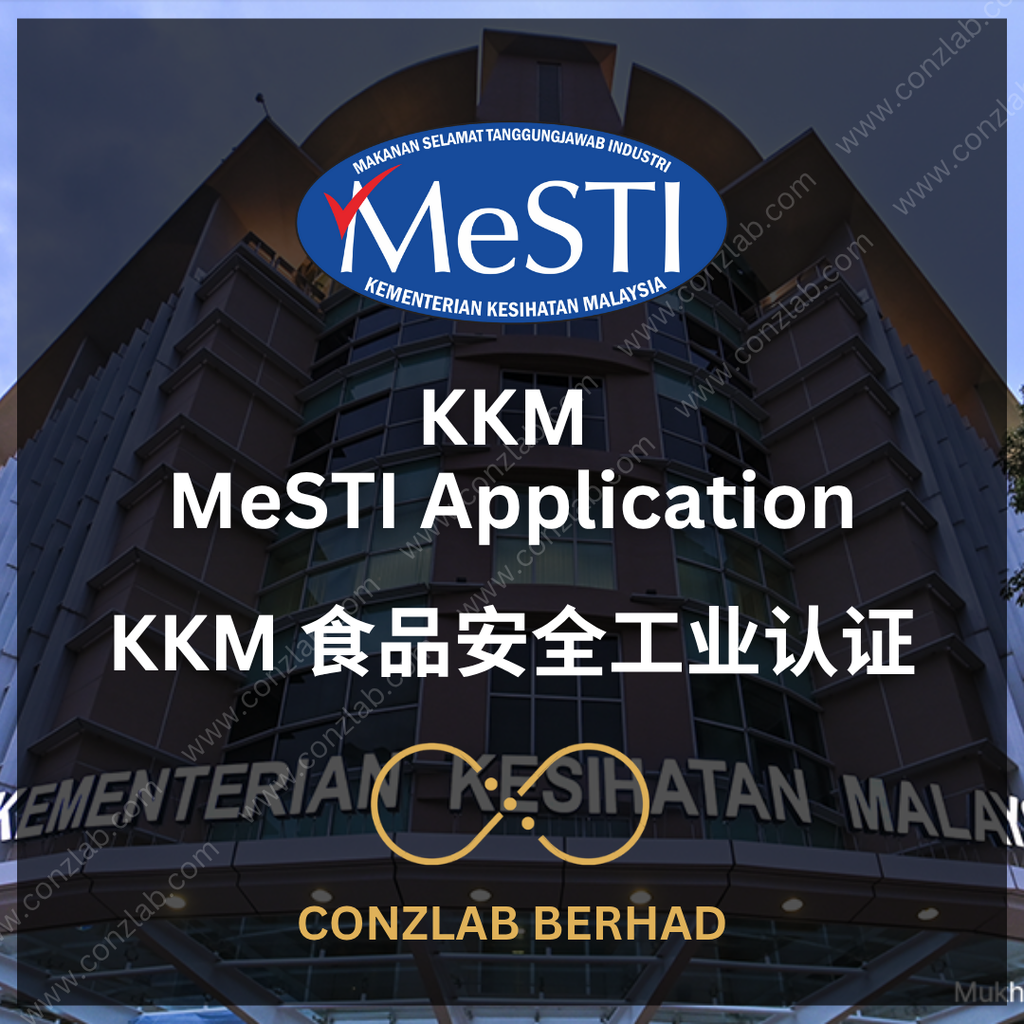Description
- The MeSTI (Makanan Selamat Tanggungjawab Industri) certification is a food safety assurance program introduced by the Ministry of Health Malaysia (KKM). It is designed to help small and medium food businesses implement and maintain a structured food safety system based on hygiene and operational control. The certification boosts consumer confidence and is often a requirement for supplying to retail chains or exporting products.
GOV Department
- Kementerian Kesihatan Malaysia (KKM) / Ministry of Health Malaysia
License Type
- MeSTI Certification (Food Safety Certification)
Details
- Applicable to food and beverage manufacturers, processors, repackers, caterers, and retailers
- Requires the implementation of a simple food safety system
- Key components: Premise cleanliness, staff hygiene, food handling procedures, record keeping, and control of pests
- Site inspection and audit are required
Important Rules
- Premises must comply with Food Hygiene Regulations 2009.
- All food handlers must complete food handler training and typhoid vaccinations.
- Regular record keeping is mandatory (e.g., cleaning schedule, pest control, food source records).
- No cross-contamination or unsafe storage practices are allowed.
Compound & Punishment
Failure to comply with MeSTI requirements or Food Hygiene Regulations 2009 may result in:
- Compounds up to RM2,000 per offence
- Business closure or suspension by KKM officers
- Legal action under the Food Act 1983, which may result in higher fines or imprisonment depending on the violation.
Advisor

Penny Lim , Legal Consulting
Ms. Penny is responsible for identifying possible legal issues and implementing solutions in the areas of government regulation, customer protection, and fair employment. Legal Counsel. Ms. Penny can advise on legal issues such as government and business permits, review legal documents before signing them, and complete legal research as needed by the company
Commonly Asked Questions
MeSTI (Makanan Selamat Tanggungjawab Industri) is a certification program by KKM to ensure small and medium food businesses maintain proper food safety practices.
Food manufacturers, processors, caterers, repackers, retailers, and other F&B businesses supplying food products in Malaysia.
Applications involve preparing documents, implementing a food safety system, and submitting to KKM, followed by an on-site audit.
Business registration, food safety plan, staff training records, cleaning schedules, pest control records, and any supporting certification
Typically 4–6 weeks, depending on preparation and KKM inspection schedules.
It is mandatory for businesses supplying to retail chains, exporting food products, or as required by business contracts.
Yes, all food handlers must complete food handler training and receive typhoid vaccinations.
Certification renewal is typically annual or as required by KKM, with updated audits.
Violations may lead to fines, business suspension, closure, or legal action under the Food Act 1983.
Conzlab assist with documentation, implementation guidance, staff training, and liaising with KKM, increasing the likelihood of smooth and fast approval.

